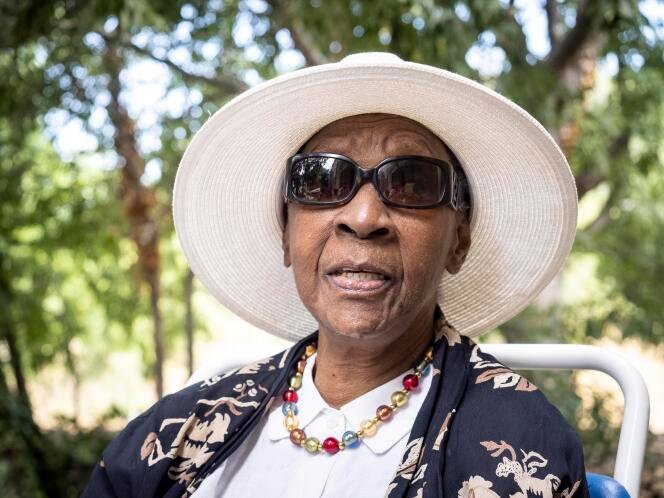Celebrated Author of African Tales Dies at the Age of 90
Maryse Condé, the renowned French-Guadeloupean author, known for her exploration of themes such as slavery, colonialism, sexuality, and African dictatorships across more than 20 novels, plays, and essays, has passed away at the age of 90.
Born Maryse Boucolon in Pointe-à-Pitre in the 1930s, she married Guinean actor Mamadou Condé and embarked on a journey that took her to various countries, including Guinea, Ghana, Mali, and Senegal.
Among her most acclaimed works are novels like “Ségou” and “Hérémakhonon,” which translates to “Waiting for Happiness” in the Malinke language of West Africa. “Hérémakhonon” tells the story of a Paris-educated Guadeloupean woman who realizes that her quest for identity is more of an internal exploration than a geographical one.
Throughout her illustrious career, Condé received numerous accolades for her literary contributions. In 2004, she was awarded France’s Legion of Honour, recognizing her significant impact on French literature. Additionally, she received an alternative Nobel Prize for Literature in 2018, at a time when the Swedish Academy’s award was suspended due to a rape scandal.
Condé’s passing marks the end of an era for literature, leaving behind a legacy that continues to inspire and provoke thought on issues of identity, history, and human experience. Her works will undoubtedly endure as a testament to her talent and profound insight into the complexities of the human condition.
Maryse Condé’s literary legacy extends far beyond her own lifetime, leaving an indelible mark on the world of literature and cultural discourse. Her profound exploration of themes such as identity, colonialism, and the human condition resonates with readers across generations and continents.
Born in Guadeloupe, Condé’s upbringing in the Caribbean imbued her work with a deep understanding of the complexities of post-colonial societies and the enduring legacies of slavery and oppression. Through her rich storytelling and vivid characters, she offered nuanced perspectives on history and culture, challenging conventional narratives and amplifying marginalized voices.
Condé’s ability to weave together personal narratives with broader socio-political themes earned her widespread acclaim and numerous awards throughout her career. From the heart-wrenching portrayal of the African diaspora in “Ségou” to the introspective exploration of identity in “Hérémakhonon,” her works continue to inspire readers to confront uncomfortable truths and engage critically with the world around them.
In addition to her literary achievements, Condé was a trailblazer in the realm of academia, teaching and lecturing at universities around the world. Her commitment to education and intellectual inquiry reflected her belief in the transformative power of literature to foster empathy, understanding, and social change.
As we reflect on Maryse Condé’s life and legacy, we are reminded of the enduring importance of storytelling as a vehicle for truth, compassion, and connection. Her words will continue to resonate with readers, offering insights into the human experience and inspiring future generations.



















